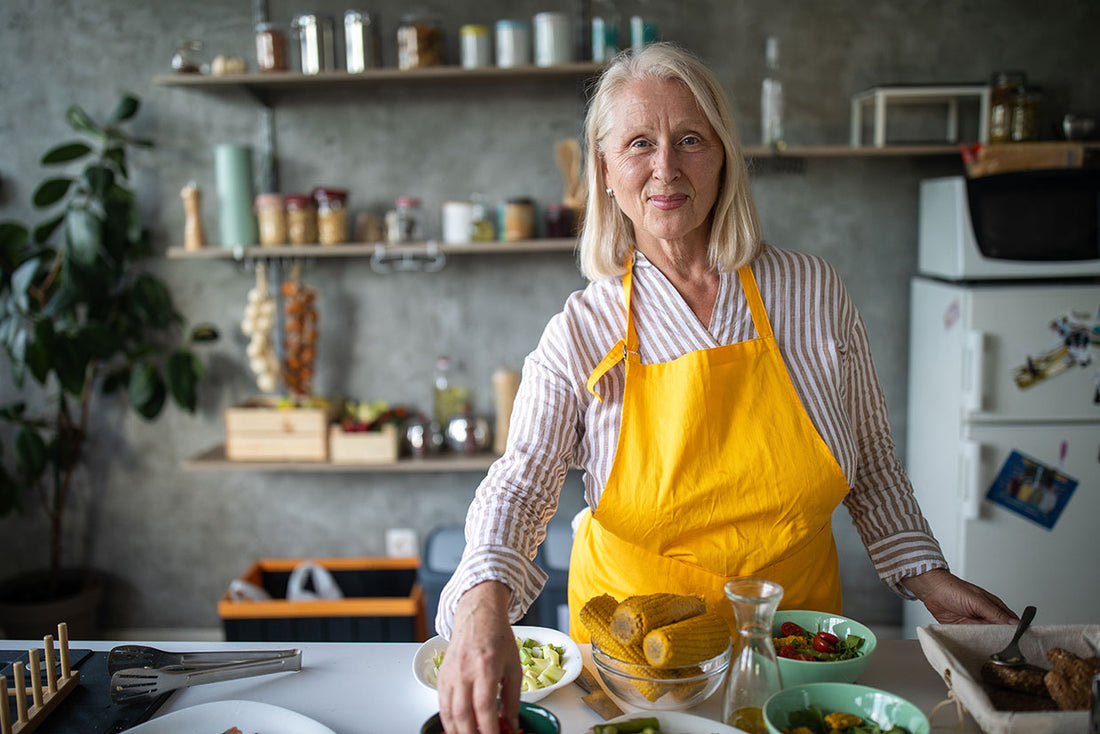The growing popularity of veganism isn't just a trend; it's a conscious choice that promotes a sustainable lifestyle and a healthier diet. However, embarking on a vegan journey doesn't merely mean eliminating animal products from your meals; it's an art that requires innovation, knowledge, and a bit of culinary finesse. Whether you're a beginner or a seasoned vegan, navigating the culinary world of plant-based diets can be a delightful adventure with the right guidance and tips.
Understanding the Vegan Diet
Veganism is more than a diet; it's a philosophy that abstains from using animal-derived products, not just in food but also in various aspects of life. When it comes to food, a vegan diet excludes all animal products such as meat, poultry, fish, dairy, eggs, and even honey.
Essential Tips for Cooking Vegan Meals
1. Embrace Whole Foods
Fruits, vegetables, legumes, nuts, seeds, and grains will become your best friends. These whole foods provide a plethora of essential nutrients, and with creative recipes, they can form the basis of hearty and fulfilling meals.
2. Experiment with Substitutes
Explore the vast array of meat and dairy substitutes available. Tofu, tempeh, seitan, and various plant-based milk alternatives can be utilized in numerous recipes to replicate familiar tastes and textures.
3. Flavor Is Key
Herbs, spices, and condiments are your secret weapons. Experiment with various combinations to add depth and richness to your dishes. Think of cumin, turmeric, nutritional yeast, miso, and tamari to elevate flavors.
4. Get Creative with Cooking Techniques
Roasting, sautéing, steaming, and grilling can transform the texture and taste of plant-based ingredients. For instance, roasting vegetables can bring out their natural sweetness, and sautéing tofu with the right spices can make it incredibly savory.
Tricks for Effortless Vegan Cooking
1. Meal Planning and Prepping
Planning your meals in advance not only saves time but ensures a balanced diet. Prepping ingredients such as chopping vegetables, soaking beans, or marinating tofu can make cooking more efficient.
2. Stock Up on Essentials
Maintain a well-stocked pantry with essentials like various grains (quinoa, brown rice), legumes (lentils, chickpeas), nuts, seeds, and a variety of spices. This ensures you always have the basics for a quick, nutritious meal.
3. DIY Vegan Staples
Make your own staples like nut milk, vegan cheese, or sauces. It's not only cost-effective but also gives you control over the ingredients and flavors.
4. Learn from Global Cuisines
Explore international cuisines that naturally feature a wide range of plant-based dishes. Mediterranean, Indian, Asian, and Mexican cuisines, for instance, offer a treasure trove of vegan-friendly recipes.
Overcoming Challenges
1. Getting Sufficient Nutrients
While a well-planned vegan diet can be incredibly nutritious, it's essential to pay attention to certain nutrients like B12, iron, calcium, and omega-3 fatty acids. Supplements or carefully chosen fortified foods can cover these gaps.
2. Dealing with Social Situations
Eating out or attending social gatherings might pose challenges. However, being open about your dietary choices and, if possible, suggesting restaurants with vegan options can make these situations easier.
3. Coping with Cravings
Cravings for familiar flavors can be managed by exploring recipes that mimic non-vegan dishes. There are countless recipes for vegan pizza, lasagna, burgers, and even desserts that taste remarkably close to their non-vegan counterparts.
Conclusion
Cooking for a vegan diet isn't just about replacing animal products with plant-based alternatives. It's a journey of discovery, where flavors, textures, and nutritional balance come together to create delicious, sustainable meals. With a bit of experimentation, planning, and a willingness to explore new ingredients and cooking techniques, the vegan culinary world opens up to a vast array of delicious possibilities.
Embarking on this journey may present challenges, but the rewards—both in terms of personal health and environmental impact—are immeasurable. By mastering the art of vegan cooking, you're not just nourishing your body; you're also contributing to a more compassionate and sustainable world.

